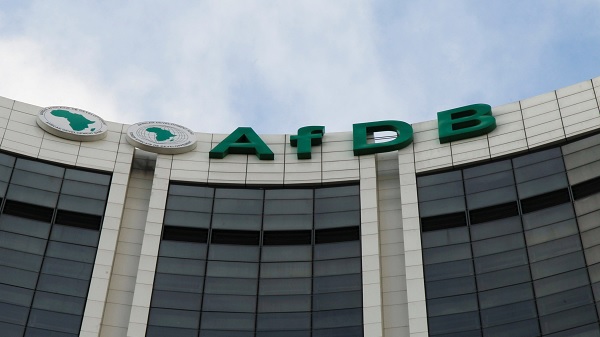
The Basic Services Transformation Program Supplementary Financing was developed jointly by the African Development Fund and the Government of Ethiopia, in close consultation with key development partners supporting basic service delivery
ABIDJAN (AfDB)― The Board of Directors of the African Development Fund (ADF), the concessional window of the African Development Bank (AfDB) Group, has approved additional resources to Ethiopia’s Basic Services Transformation Program in the form of a US$123- million grant.
The Basic Services Transformation Program Supplementary Financing (BSTP-SF) will be for the fiscal years 2018/19 to 2019/20. The proposed support is consistent with the Ethiopian government’s Growth and Transformation Plan II (GTP II) 2015/16 – 2019/20), with specific reference to the strategic pillar on accelerate human development and technological capacity building and ensuring its sustainability.
The additional financial support is a continuation of the African Development Bank Group’s commitment to deliver quality basic services in Ethiopia in the critical services sectors such as healthcare, education and water and sanitation. The original support program was approved in December 2015. Since 2006, the Bank has been a key supporter of the Government’s program in basic service delivery at the community level, aimed at increasing access to healthcare, education, agriculture, water & sanitation and rural roads. And also strengthening accountability at the community level.
The additional financial resources from the Fund will also enable the Government of Ethiopia to continue with programs that increase access to better basic services at the local level; strengthen accountability and transparency in service delivery and improve citizen’s engagement in service delivery.
More rural people in Ethiopia will be assured of continued access to services in healthcare, education and water and sanitation. Women will also benefit from accountability and citizenship engagement initiatives such as social accountability, financial transparency accountability (budget literacy) and participation in Water, Sanitation, Hygiene Committees (WaSHCOs) in addition to improved healthcare and water and sanitation services.The measures will also benefit especially those in the underserved regions and pastoralist communities of Afar, Ethiopia-Somali, Benishangul-Gumuz and Gambela.
Ongoing support for basic service delivery by the Bank and other development partners has contributed to Ethiopia’s strong progress in human capital development. Key achievements include increased net enrollment rate in primary schools from 77.5 percent (2006) to 99 percent (2016); reduced maternal mortality (though remains high); a reduction in child mortality from 72 children per 1000 in 2006 to 20 children per 1000 by 2016, and improved rural water supply from 46 percent in 2006 to 74 percent as at end of 2017.
In approving the additional support, the Board of Directors of the African Development Fund noted Ethiopia’s progressive economic development and structural transformation process. The East African nation’s fiscal policy in 2018/19 is expected to sustain focus on fiscal consolidation, characterized by stable pro-poor spending and improvements in public revenue mobilization.
The program is aligned with the Bank’s High 5 agenda, particularly the ‘Improve the quality of life for the people of Africa’ priority.
The Basic Services Transformation Program Supplementary Financing, BSTP-SF, was developed jointly by the African Development Fund and the Government of Ethiopia, in close consultation with key development partners supporting basic service delivery (the World Bank, European Union, Austria Development Agency and Italy Development Cooperation).
The African Development Fund (ADF comprises 32 contributing countries and benefits 38 of Africa’s most vulnerable and least developed countries. Since 1974, the Fund has cumulatively invested US$45 billion on the African continent, created 1.4 million jobs, improved access to financial services for 181,000 small businesses, and created opportunities for many entrepreneurs to start and grow their businesses.
In ADF countries in 2017, the Bank built 2,730 km of distribution lines to provide access to electricity to households and businesses; provided improved agricultural technologies to 7.8 million farmers; improved access to transport for 13 million Africans, and access to clean water and sanitation for 7.5 million people.
Source: AfDB
